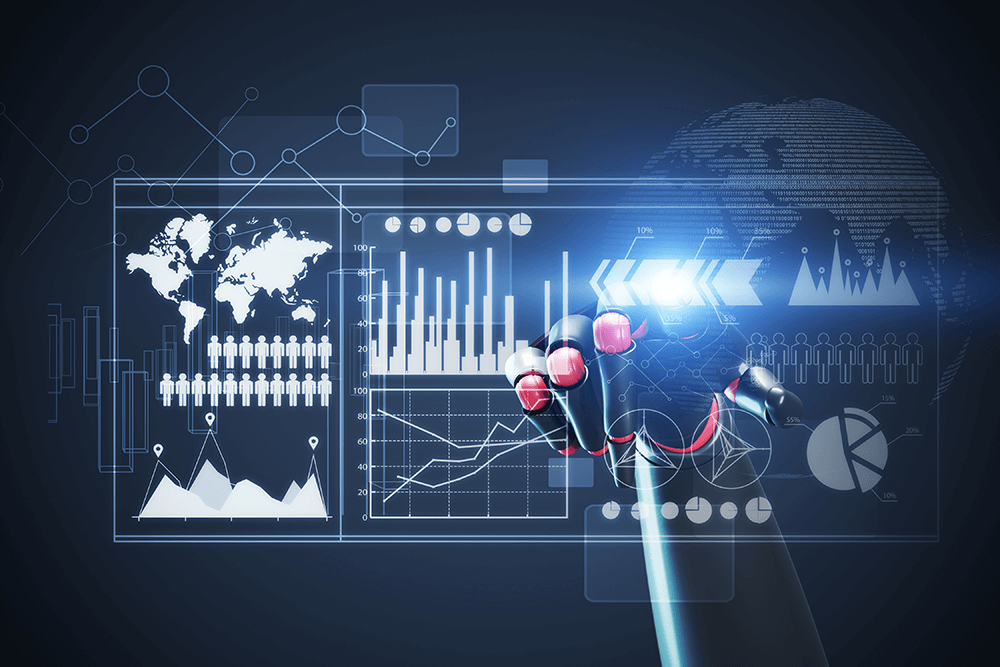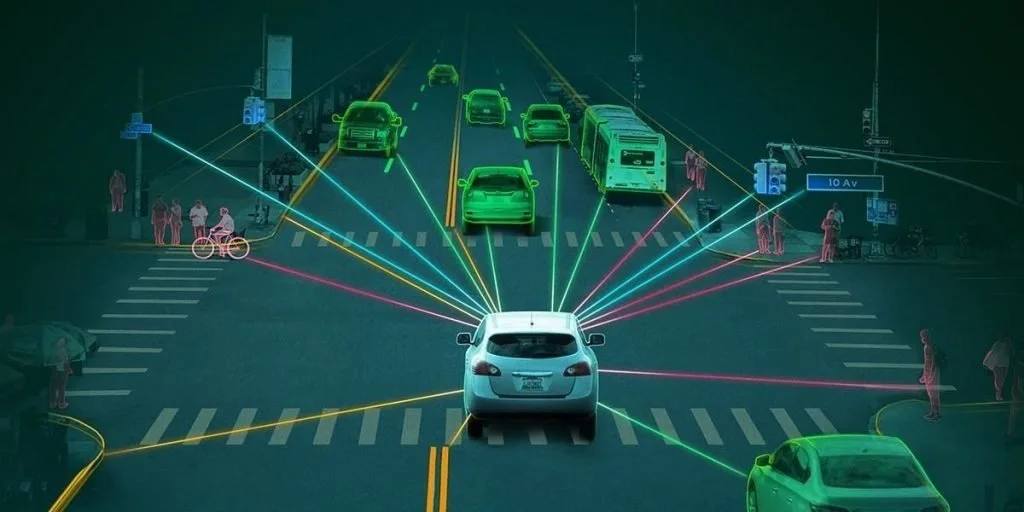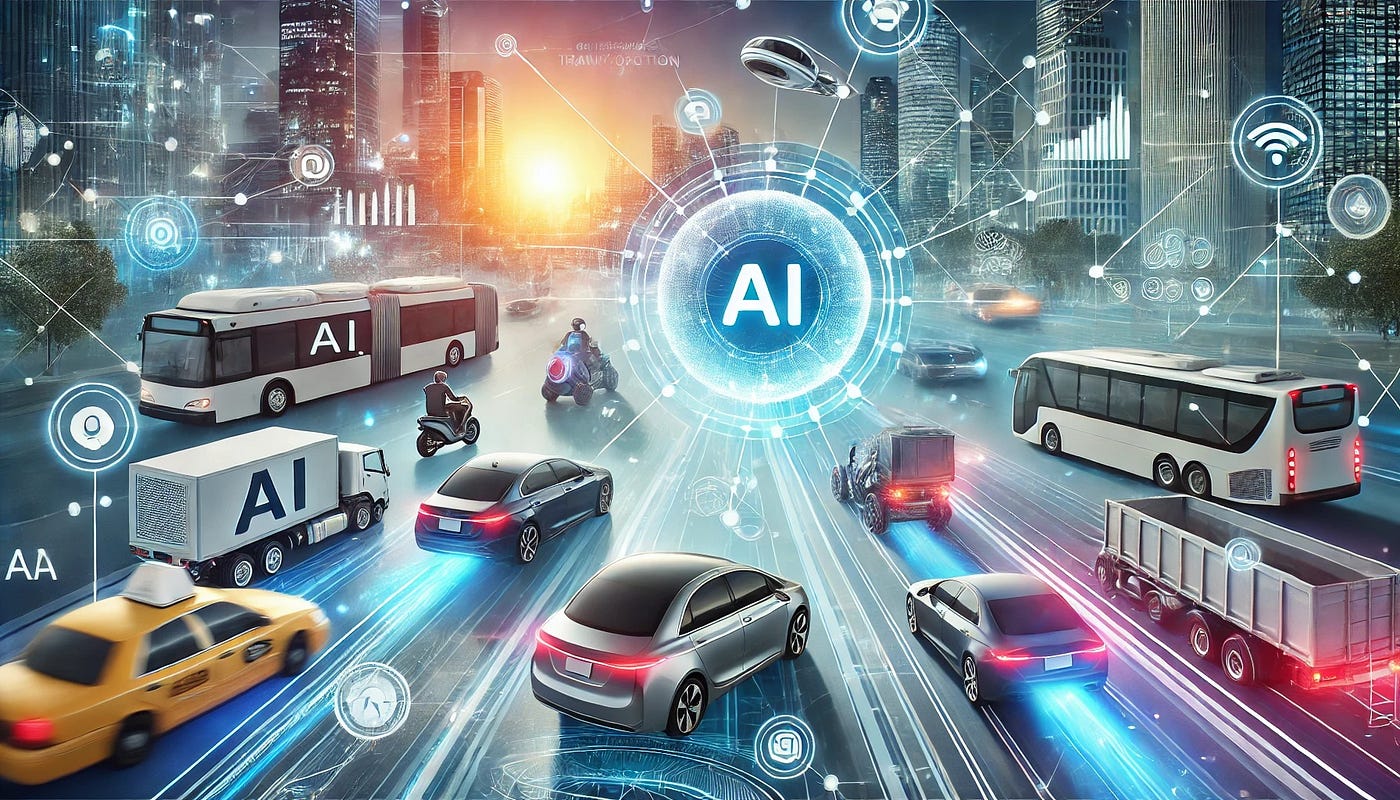Artificial Intelligence (AI) is rapidly transforming the transportation industry, offering smarter, safer, and more efficient ways to move people and goods. Understanding how AI can be applied in transportation helps organizations and governments improve operations, safety, and user experience.
What is AI in Transportation?
AI in transportation involves using machine learning, computer vision, predictive analytics, and intelligent automation to optimize traffic management, vehicle operations, logistics, and passenger services.
How AI Works in Transportation
AI systems process real-time data from traffic sensors, GPS devices, cameras, and connected vehicles. By analyzing traffic flow, road conditions, and driving behaviors, AI can make data-driven decisions to improve transportation efficiency and safety.
Key AI Techniques Used
Machine Learning: Enhances route optimization, traffic prediction, and vehicle performance monitoring based on historical and real-time data.
Computer Vision: Powers self-driving cars, traffic monitoring systems, and accident detection by processing visual data from cameras and sensors.
Predictive Analytics: Anticipates traffic congestion, maintenance needs, and demand patterns to enable proactive management.
Natural Language Processing (NLP): Supports voice-controlled navigation and real-time communication between vehicles and control centers.
Benefits of Using AI
AI reduces traffic congestion, improves road safety, enhances public transportation scheduling, and optimizes logistics and delivery routes. It also plays a crucial role in the development of autonomous vehicles and smart city initiatives.
Limitations to Keep in Mind
AI systems in transportation require reliable data, advanced infrastructure, and strict safety testing. Challenges such as cybersecurity, ethical considerations, and system reliability must be addressed carefully.
Conclusion
Leveraging AI in transportation creates opportunities to build safer, more efficient, and environmentally friendly systems. By combining AI technologies with human expertise and policy support, the future of transportation can be significantly improved for everyone.







Leave feedback about this